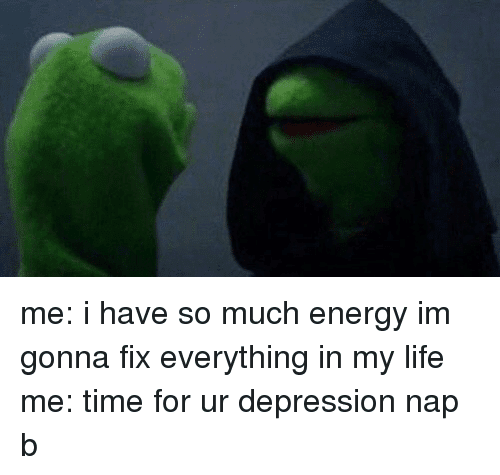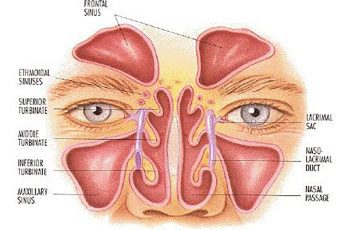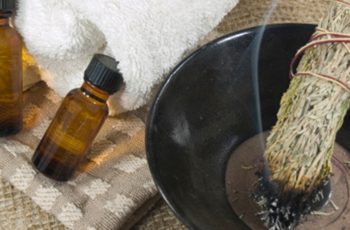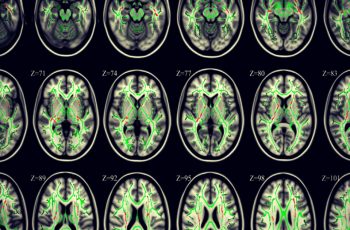If you’re like us and eagerly await your afternoon siesta, then you may find this article to be a bit jarring.
Sit down if you’re standing, and be advised that napping CAN be a good thing — if you’re doing it for the right reasons.
[You may be interested in: Napping Can Dramatically Increase Learning, Memory, Awareness, And More]
You may have seen people throwing around the term “depression nap” on social media.
The concept describes a lie-down that lets you escape the world through sleep when you’re tired, stressed, anxious or feeling down – but, are they a sign of something more serious?
The Correlation Between Depression and Sleep
Experts agree that depression is intimately connected to problems with sleep.
According to Myrna M. Weissman, a professor of epidemiology and psychiatry at Columbia University, “disturbance in sleep is a cardinal symptom of depression.” She noted these disturbances can present in a variety of symptoms including difficulty falling asleep, insomnia, a tendency to wake up during the night, or a tendency to feel worse in the morning upon rising.
In fact, researchers at the Harvard Medical School determined that between 69-90% of adult patients with major depression struggle with some type of sleep problem.
‘Depression Naps’ Don’t Mean You’re Depressed
According to Dr. Rochelle Zak, a sleep medicine specialist at the UCSF Sleep Disorders Center, clinical depression is commonly connected to some form of insomnia.
“Depression is less likely to result in daytime sleepiness,” Zak said. “Often, people are hyper-aroused, so they would love to nap but they can’t.”

But what about the young people in their 20s and 30s who seem to be perpetually sleepy?
Zak says that more often than not, this is a sign of being sleep deprived rather than clinically depressed. They may be working long days or spending too much time on their screens at night, leading to poorer sleep quality and more stress, she said.
‘Depression Naps’: The Great Escape
But, sleep deprivation and depression aren’t the only reasons some folks retreat to bed for a midday snooze. Simply put, they might just be escaping reality.
Dr. Helen M. Farrell, a psychiatrist at Harvard Medical School and Beth Israel Deaconess Medical Center, cautions, “personally and professionally, I don’t like the phrase ‘depression naps’ and would deter patients from using that phrase and taking that sort of ‘nap.’”
While naps are meant to be restorative and energizing, these types of naps actually can be an unhealthy way of dealing with your feelings, becoming a kind of defense mechanism, she said.
“It’s very important for people to be able to tolerate their feelings and practice healthy coping skills that combat depression, rather than succumbing to it,” Farrell explained.
Emanuel Maidenberg, a clinical professor of psychiatry at the University of California, Los Angeles, agrees that such naps can be a coping mechanism and should be avoided if possible. “It can be helpful in the short run, but recurrent dependence on naps becomes a potential mechanism of depression maintenance,” he explained.
So, in closing. To all of our midday snoozers out there — if you’re catching your afternoon zzz’s for the right reasons, nap on nappers.
If you found this article helpful, please share with friends and family by clicking the “Share” button below!




